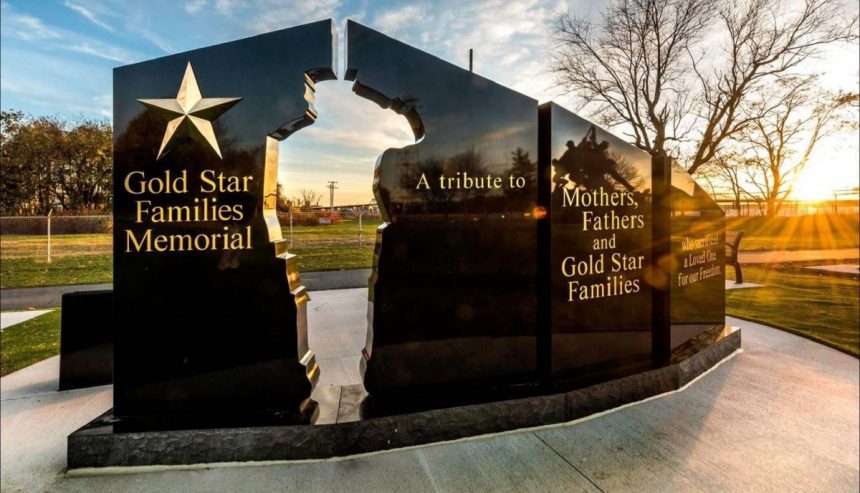The U.S. Senate unanimously approved a bipartisan resolution on Monday to designate September 24-30 as Gold Star Families Remembrance Week.
Senators Cindy Hyde-Smith, R-Miss., and Raphael Warnock, D-Ga., introduced the resolution, which provides the nation a specific time to honor the sacrifices made by the families of military servicemembers who lost their lives in service to the nation.

“The loss of a servicemember in the defense of our nation is a burden carried by families for a lifetime. It is the ultimate sacrifice by families who support their loved ones serving in our Armed Forces,” Hyde-Smith stated. “It is not only appropriate, but responsible, for the American people to honor and recognize Gold Star families, their losses, and their sacrifices on behalf of our nation.”
Americans are encouraged to perform acts of community service and goodwill to honor these families during the week-long resolution.
“It’s our duty as a nation to take care of our military families, and that includes the families of fallen servicemembers who should never be forgotten,” Warnock added. “Our servicemembers and military families represent the best among us, and I am honored to once again work with my colleague Senator Hyde-Smith on a bipartisan resolution that will recognize our Gold Star families and their sacrifice for our country.”
This year, Commemoration of Gold Star Families Remembrance Week follows Gold Star Mother’s Day, which has been observed by presidential proclamation on the last Sunday of September since 1936.
“The Tragedy Assistance Program for Survivors (TAPS) appreciates Senators Hyde-Smith and Warnock for introducing the 2023 Gold Star Families Resolution to designate a full week to honor all of our nation’s Gold Star families,” Bonnie Carroll, TAPS President and Founder, explained. “Memorial Day exists to honor the fallen, but Gold Star Families Remembrance Week provides the opportunity to honor surviving military families themselves.”
Hyde-Smith introduced the first-ever Gold Star Families Week resolution in 2018. Before its passage, there was no formal recognition on a national level of the sacrifices made by families of the fallen.







